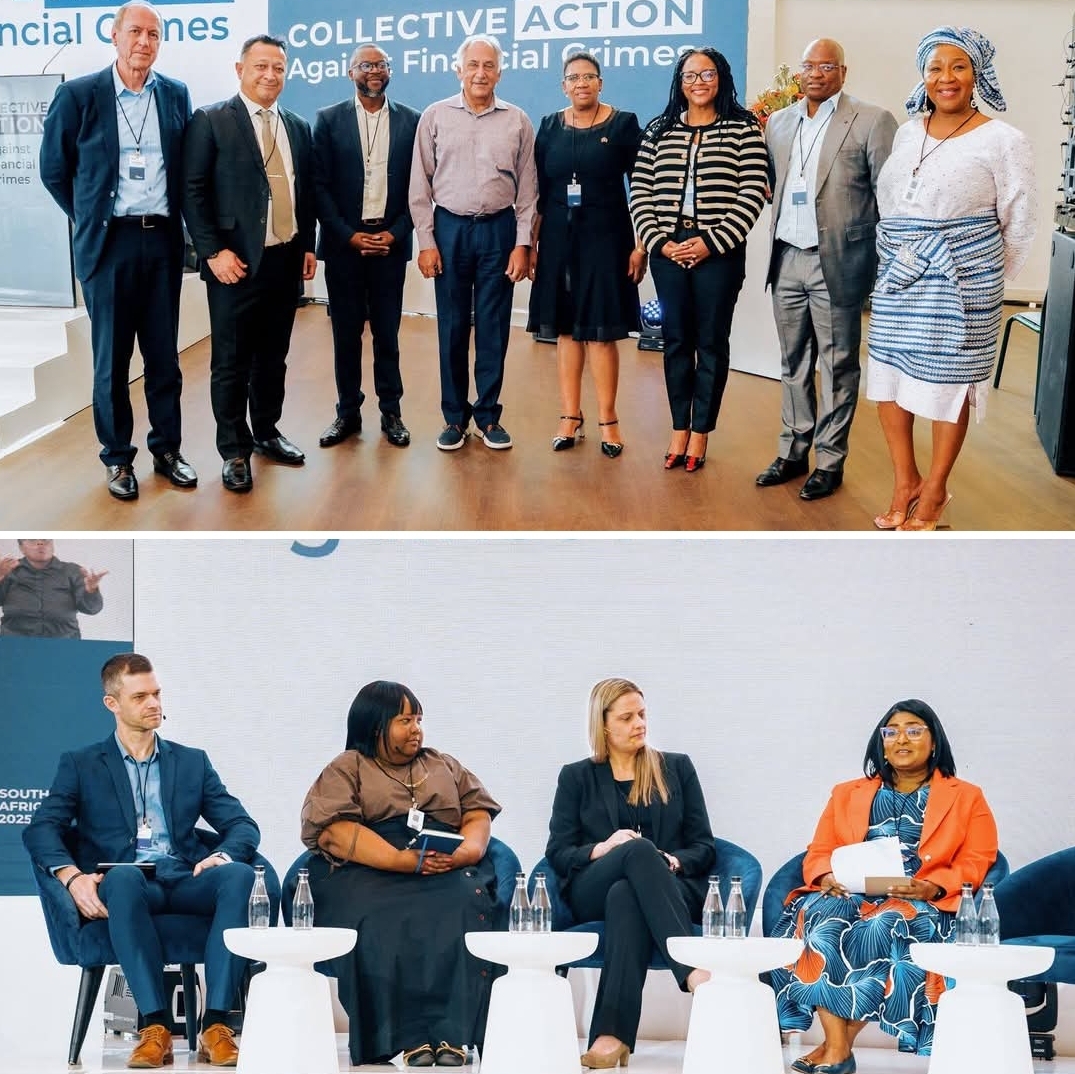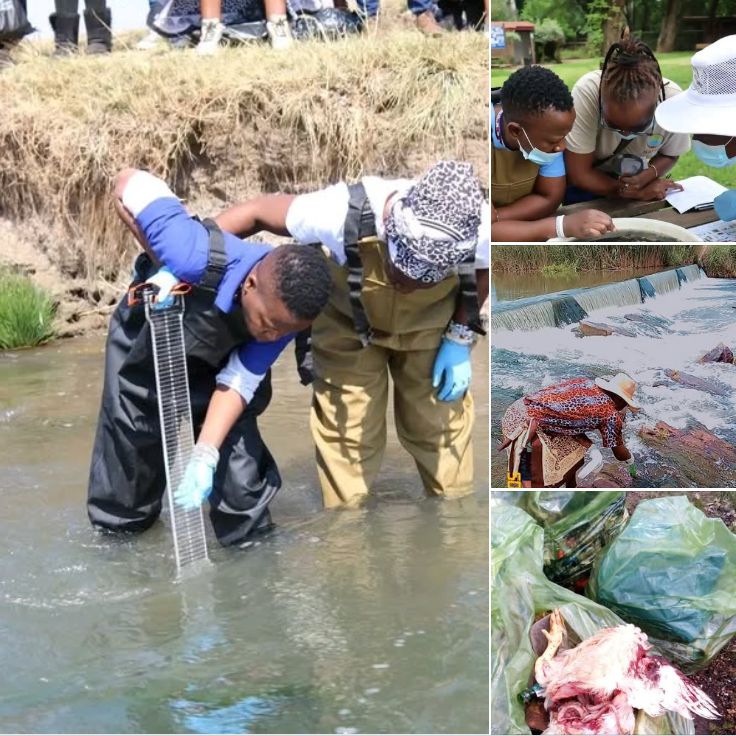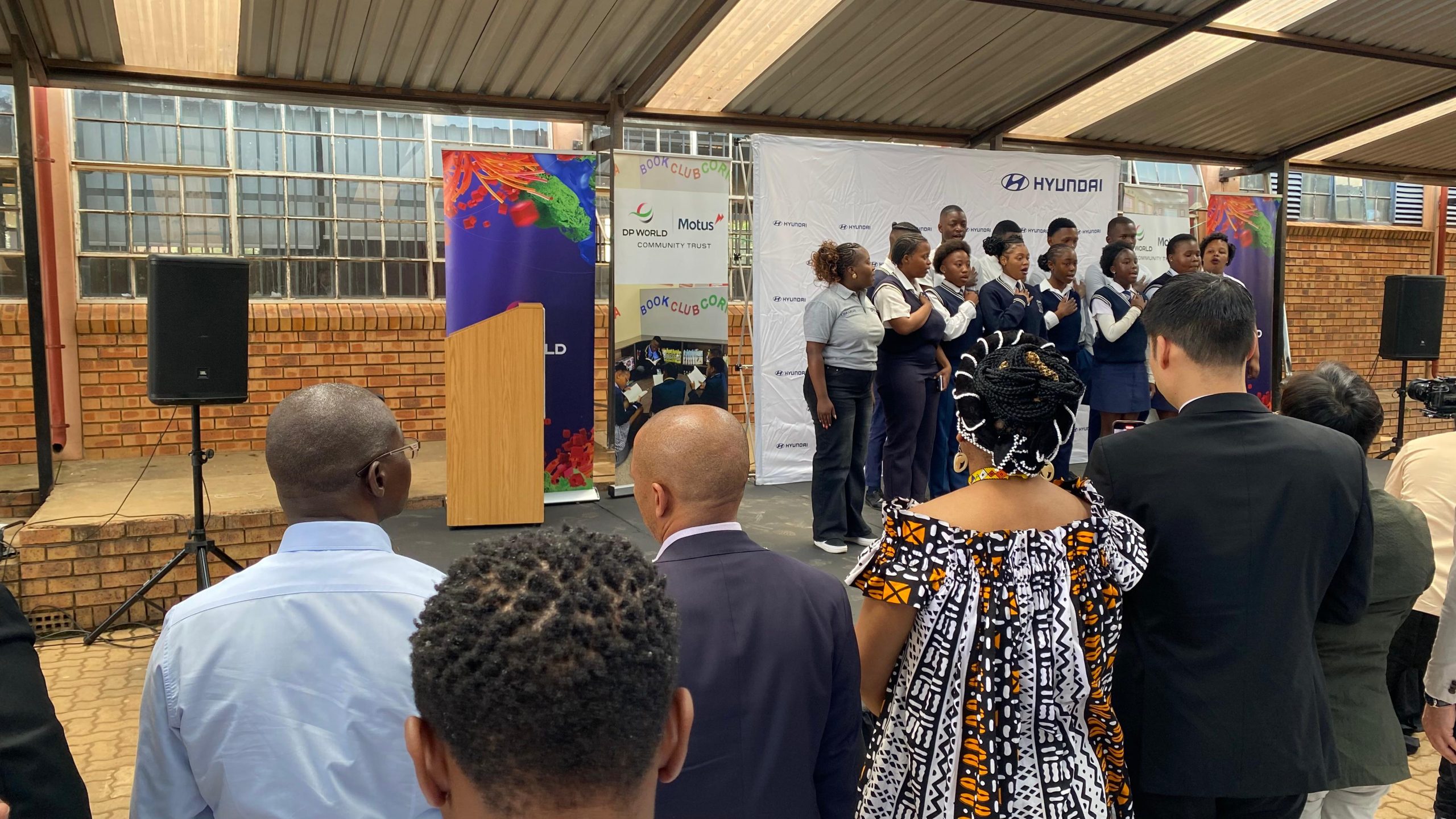By Palesa Ndinisa and Sbongile Sokela
On the 5th of November 2025, the Council Goods of South Africa (CGSA) in collaboration with B20 South Africa and British American Tobacco South Africa (BAT SA) held a conference at The Forum, Hyde Park, Johannesburg where the topic in discussion detailed illicit products and its impact in South Africa.
South Africa ongoing fight against illicit trade, counterfeit goods, and financial crime was in sharp focus at a recent high-level seminar where government officials, business leaders, and law enforcement experts called for urgent reforms, stronger coordination, and collective action. Illicit products include counterfeit products and pirated products such as fake designer products or counterfeit medicines, illegal drugs, illegal weapons such as firearms, illegal wildlife products that include items derived from illegal trafficking of animals or plants, smuggled goods such as illegally imported or exported goods resulting in avoidance of duties or regulations, stolen property which are goods that have been illegally obtained, and, or, goods being sold without a lawful right or title. Illicit goods involve the trade of products in violation of law.
The event was program directed by television presenter, voice over artist and 702’s Breakfast show host, Bongani Bingwa. The successful event was also chaired by Zinhle Tyikwe, CEO of CGSA with panelists Jarred West from Spoor and Fisher, Karabo Rajuili from Corruption Watch, Lenore Oosthuizen, Senior Director of FTI Consulting, Michele Francis Padayachee from GS1 South Africa, Abraham Nelson from the CGSA, Dr. Graham Wright- from Business Against Crime SA, and, Gregory Singh, from SA Banking Risk Information Centre (SABRIC). The discussion was addressed by B20’ Sherpa, Cas Coovadia, Scarlet Wannenwetsch who is the Senior Collective Action Specialist at Basel Institute of Governance , Dr. Michael Masiapato- Commissioner of the Border Management Authority and last but certainly not least, Lieutenant General Tebello Mosikili who serves as the Deputy National Police Commissioner & Chair of the National Joint Operational & Intelligence Structure (NATJOINTS).
Opening the discussion, speakers stressed the need to start with achievable goals, described as “low-hanging fruit,” to avoid what one participant called “paralysis of analysis.” A key area identified was reforming the Counterfeit Goods Act, which many believe is outdated and unfairly burdensome to brand owners.
“The current law is too limited and onerous, especially for brand holders who are forced to carry costs that should be borne by the state,” one expert noted. Proposed amendments include removing Sections 7 and 9 of the Act, which compel complainants to take complex legal steps before counterfeit goods can be destroyed, and shifting storage and destruction costs away from brand holders.
Speakers also called for higher penalties, suggesting fines of up to R5,000 per counterfeit item and for a dedicated enforcement unit combining police, customs, and immigration officials.
Attention then turned to whistleblower protection. While South Africa’s Protection of Disclosure Act aims to protect those who expose wrongdoing, many argued that it fails in practice. “Too many of our whistleblowers pay with their lives, their livelihoods, and their peace of mind,” one participant said. “We need a law that does more than make promises, we need real protection and accountability.” Participants called for stronger investigative powers, mandatory corporate ethics platforms, and criminal sanctions for those who victimize whistleblowers.
The event also highlighted private-sector efforts through the B20, the business arm of the G20. The South African B20 Sherpa noted that awareness was initially low but grew significantly after outreach to CEOs. “When we started, very few CEOs in South Africa even knew what the B20 was,” the Sherpa said. “But after our engagement, we saw a major shift in participation.” The initiative, run by Business Unity South Africa, now includes more than 1,200 leaders from G20 and African countries.
Commissioner Dr. Michael Masiamato, head of the Border Management Authority, spoke about improving coordination at ports of entry. “For nearly 30 years, we relied on a fragmented multi-agency system that was inefficient and costly,” he said. “The BMA was created to bring unity, efficiency, and accountability to border management.”
Panelists Gregory Singh of SABRIC and Dr. Graham Wright of Business Against Crime SA both emphasized the importance of collaboration. “We need to make it harder for criminals to operate, not just here but across the continent,” Singh said. Wright added that the success of public-private partnerships in addressing energy and logistics challenges showed what was possible when sectors worked together.
Closing the event, Lieutenant-General Tebello Mosikili, Deputy National Police Commissioner and Chair of the National Joint Operational & Intelligence Structure, described financial crime as “an active, corrosive threat to our nation.” She said it undermines development, weakens public trust, and erodes the moral and fiscal fabric of society.
According to the Financial Intelligence Centre’s 2024 Annual Report, South Africa loses about R155 million annually through illicit financial flows, procurement fraud, and money laundering. “This is why collective action matters,” Mosikili said. “We need the state, business, and civil society to work together if we’re going to turn the tide.”
By the end of the seminar, one message stood out clearly: South Africa cannot afford to fight financial crime in silos. As one speaker concluded, “We can’t just keep identifying the problems we have to start fixing them, together.”










